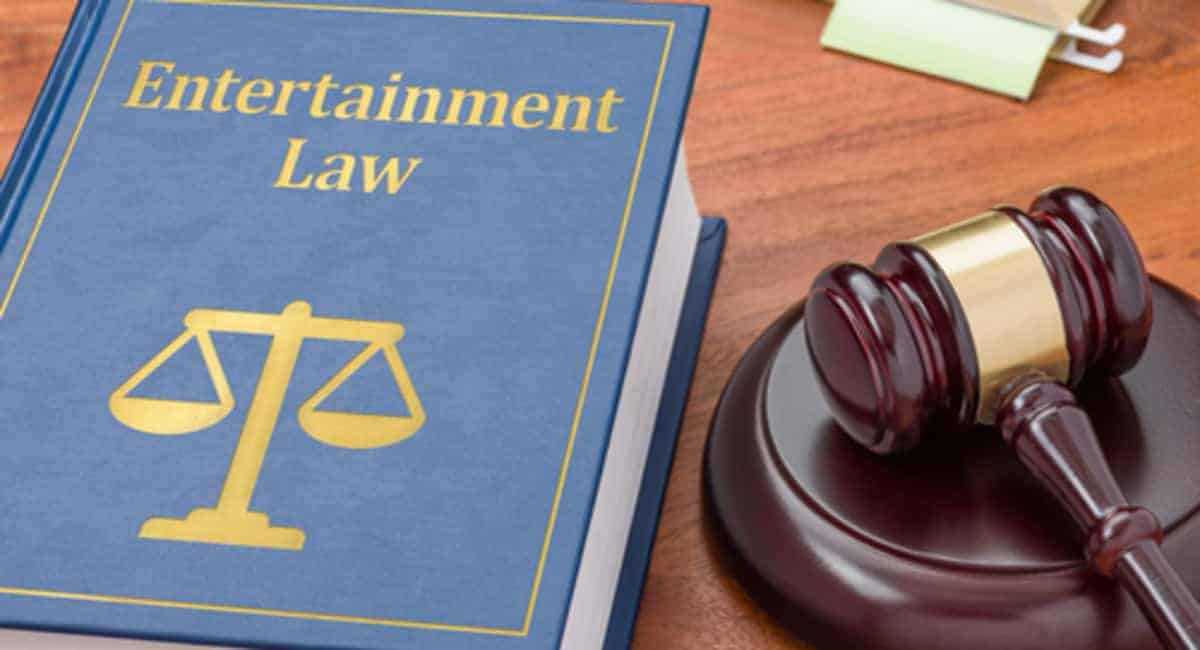Although you may conjure up images of celebrity-filled pool parties and private jets when you think of what it might be like to become an entertainment lawyer, pursuing this career path requires many skills, hard work, and passion. These are answers to questions you may ask when deciding if you have what it takes to pursue a career in entertainment law.
Why Is Entertainment Law Appealing?
People who specialize in this area of the law may enjoy the particular genres they represent, or they may have personal histories as entertainers, which draw them to help others in the field. Although a background as a musician, actor, or writer is certainly beneficial, it is not mandatory for becoming a successful entertainment lawyer if you are passionate about your work.
Can Your Personality Affect Your Success?
In addition to being confident, successful entertainment lawyers must feel comfortable working with a whole gamut of players in the entertainment industry. You will need to become a chameleon who can think on your feet and quickly adapt to the personalities of other creative people who work on your client’s projects. You will need the skills necessary to advocate for your client’s interests while not ruffling any feathers.
Do Entertainment Lawyers Only Work for Celebrities?
Although some lawyers may work directly with celebrity clients, others provide legal services for producers, insurers, studios, publishers, labor unions, talent agencies and other entities or individuals. As is the case with other branches of the law, some lawyers may work exclusively for one client organization for which they provide in-house counsel.
How Are Entertainment Lawyers Different From Other Lawyers?
Just as medical doctors may specialize in treating specific body systems, lawyers also have specialties. Entertainment lawyers are familiar with the law as it applies to the entertainment industry. For example, a lawyer who focuses on copyright infringement may need to consult another lawyer who handles defamation issues during a client’s representation.
What Other Service Might Entertainment Lawyers Provide?
Anyone planning a career in entertainment law may be surprised to know that these lawyers often perform a wide variety of services for their clients that go beyond practicing law. For example, many use their skills to perform management, public relations, and production services.
Law students hoping to launch careers in entertainment law must ask themselves the appropriate questions to determine if they have what it takes to succeed in this demanding yet dynamic branch of the law.





